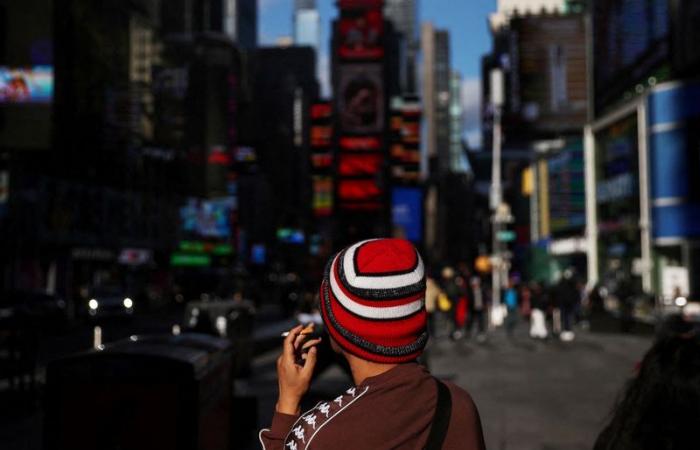A federal judge in Texas has blocked the Food and Drug Administration (FDA) from enforcing a requirement to include graphic warnings on cigarette packages and advertisements illustrating the health risks of smoking.
On Monday, Tyler, Texas, District Judge J. Campbell Barker sided with RJ Reynolds and other tobacco companies in ruling that the FDA had exceeded its authority by requiring that packages and advertisements contain 11 specific warnings.
He said the warnings went beyond the nine warnings Congress specified when it passed the Tobacco Control Act in 2009, which gave the FDA authority to regulate tobacco products and made mandatory the adoption of graphic warnings.
Mr. Barker, who was appointed by Republican President-elect Donald Trump during his first term in the White House, said that not only had the FDA adopted two additional warnings than the nine required by law, but that It used the exact text required by Congress for only two of the remaining nine warnings.
The 11 graphic warnings describe, among other things, how smoking can cause bladder, head and neck cancers, fatal lung diseases, stunted fetal growth during pregnancy, cataracts and type 2 diabetes.
The FDA argued that the law gave it the authority to adjust the format, type and text of all required labels. But Mr. Barker said that power was limited and that even if the FDA were allowed to rewrite the nine warnings, it could not add two more.
“Courts are not free to second-guess policy decisions expressed in the plain text of legislative enactments,” Mr. Barker wrote.
The judge delayed the rule’s effective date pending further litigation, effectively preventing the FDA from proceeding with enforcement starting in February 2026.
The ruling is a victory for RJ Reynolds, part of British American Tobacco and which filed the lawsuit in 2020 alongside ITG Brands, a subsidiary of Imperial Brands, and Liggett Group, a unit of Vector Group.
RJ Reynolds and the FDA declined to comment.
The ruling marked the second time Barker has blocked the FDA’s warning label rule. In 2022, the judge found that the requirement violated the companies’ speech rights under the First Amendment to the United States Constitution.
The 5th Circuit Court of Appeals in New Orleans overturned that decision in March, and the U.S. Supreme Court in November declined to hear the tobacco companies’ appeal. But the latter had put forward other non-constitutional arguments on which Mr. Barker had to rule.




